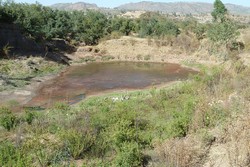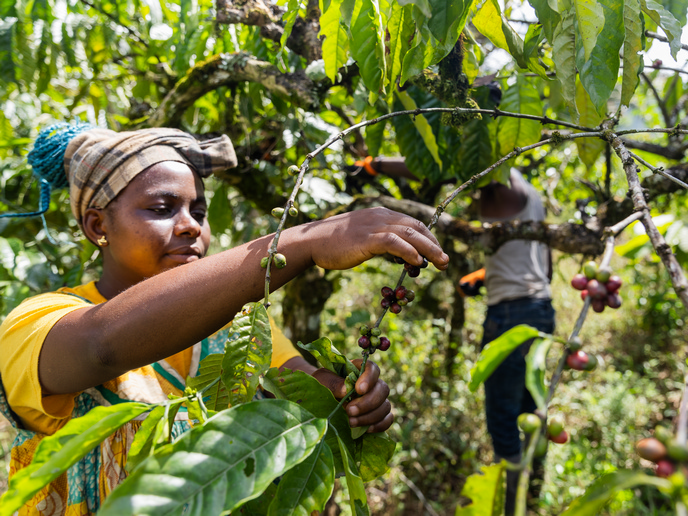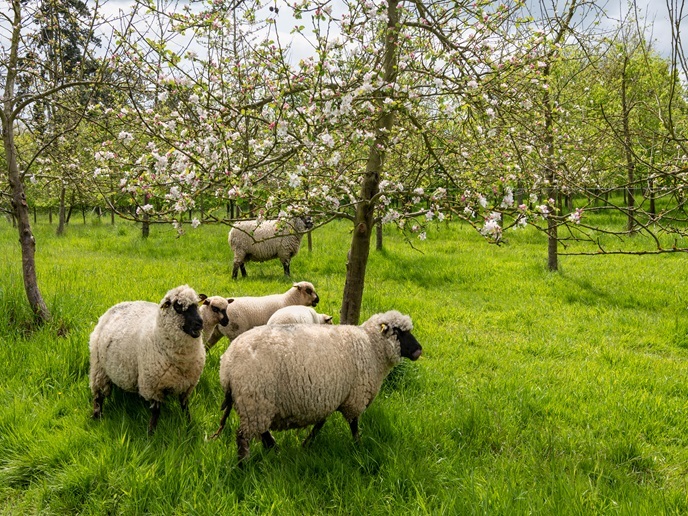Water harvesting technologies for Africa
The African agricultural sector has to cope with a rapidly growing population, climate change and limited access to water. Water harvesting technologies (WHTs) can, in theory, help relieve the pressure on African farmers by increasing the amount of water available for agriculture. With this in mind, the EU-funded WAHARA(opens in new window) (Water harvesting for rainfed Africa: Investing in dryland agriculture for growth and resilience) project tested innovative and locally adapted WHT solutions in Africa to ascertain their viability. Study sites in Burkina Faso, Ethiopia, Tunisia and Zambia covered a range of climates and socioeconomic conditions to achieve the project’s aims. Under the project, guidelines for WHT selection and adaption were created to help choose the most suitable WHT for a given location, based on bio-physical conditions. Household surveys were also conducted at each study site to better understand the local socioeconomic conditions. In collaboration with stakeholder groups, several WHTs were selected, adapted to local conditions where necessary, and installed at each site. WHTs were then monitored for their impact on crop productivity and water security at the various study sites. Overall, the results reveal that WHTs work well and have excellent potential in increasing agricultural output and community livelihoods. Also, on the positive side, the project demonstrates that the knowhow to operate the technologies is generally available. Challenges in retaining runoff water for productive use and adapting to the technology remain, however, and must be addressed at local level when implementing WHTs. The project team highlighted the need to realise benefits with limited resources and ensure policy support. Other important considerations before adopting WHTs include local ownership, professionalism of farmers and private sector involvement. WAHARA’s results and recommendations are destined to improve the livelihood of rural communities and contribute to sustainable agricultural practices in Africa.







